Breastfeeding Awareness Month 2021
Breast milk is the first source of food for infants, and the practice of breastfeeding is beneficial for both mother and child. August is National Breastfeeding Month and includes World Breastfeeding Week (Aug. 1–7). Here we highlight research related to breast milk that has been published recently in American Society for Biochemistry and Molecular Biology journals.
Breast milk composition
The main components of breast milk include the sugar lactose, lipids or fats, proteins and carbohydrates such as human milk oligosaccharides, or HMOs. Breastfeeding is often recommended for mothers as these components largely support a growing babies' nutrition and provide antibodies against viral and bacterial germs. For example, HMOs are thought to play an important role in the developing gut microbiome.
Recently, a study in the Journal of Biological Chemistry evaluated the influence of maternal diet on the health of nursing infants by assessing HMO production. The researchers examined milk and stool from nursing mothers and their babies, respectively. They found maternal diet affects HMO synthesis in breast milk. For example, intake of fruit and unsaturated fats were positively correlated with increased HMO production, while the opposite was observed for cholesterol and saturated fat. Furthermore, this study was the first to assesses the influence of diet-induced HMO alterations on the infant microbiome and immunity. HMOs were found to aid bacterial community composition in the gut and correlated positively with overall immune status of the infant.
Research focused on elucidating the components of breast milk is ongoing. In a study published in the journal Molecular & Cellular Proteomics, researchers constructed the total breast milk proteome via extensive liquid chromatography and mass spectrometry in conjunction with data from previous proteomic studies on breast milk. The researchers focused on extracellular vesicles lipid vehicles that carry cargo (proteins, nucleic acids, etc.) in the cell. This study resulted in the identification of more than 600 novel proteins in milk-derived extracellular vesicles that had not been previously identified in human milk. Furthermore, these proteins were linked to cell growth and anti-inflammatory pathways, which can potentially influence a newborn’s immune system. This research highlights the importance of understanding the components of breast milk and their functions in developing newborns.
Breastfeeding and baby’s immunity
Passive immunity is the short-term protection against germs that occurs from the introduction of antibodies from another person; for babies, this person is mom. As mothers nurse, they secrete antibodies, such as secretory immunoglobin A, or SIgA, which is a protein responsible for innate and adaptive immunity. Infants rely on passive immunity for their initial protection against viruses and bacteria. Post-translational modifications, such as N-glycosylation, can change the composition of SIgA and influence its role in health maintenance for newborns.
In a study in the journal Molecular & Cellular Proteomics, researchers performed a comparative analysis of SIgA N-terminal glycosylation in breast milk, saliva and plasma of nursing mothers. Using highly sensitive nano-high pressure liquid chromatography and mass spectrometry, this group provided the first and most comprehensive comparison of SIgA in mature breast milk and saliva. They found that the salivary SIgA N-glycosylation profiles of women who had vaginal deliveries exhibited more modifications than the profiles of women who underwent cesarian, which suggests that hormones from vaginal delivery may influence SIgA N-glycosylation. Furthermore, the structural differences observed in SIgA in milk, saliva and plasma suggest varying roles for SIgA modifications in the context of newborn development and immunological protection.
Psychological benefits of breastfeeding
While breastfeeding provides numerous benefits to the infant, it is also favorable for the health of the mother. Oxytocin, a hormone released during breastfeeding, can aid in postpartum healing by reducing postpartum blood loss and aiding in returning the uterus to its normal size. Research from the American Academy of Pediatrics suggests breastfeeding may reduce a mother’s risk for Type 2 diabetes and cardiovascular disease and can reduce the incidence of ovarian and breast cancer.
Breastfeeding can elicit emotional or psychological benefits for mother and child. For example, it triggers the release of the hormones prolactin and oxytocin in the mother, which promote a sense of nurturing and attachment, respectively. This chemical release aids in the development of an emotional bond with one’s baby. Similarly, a recent study found that women who breastfed their children for longer spans of time exhibited more maternal sensitivity, or a mother's responsiveness to their child, than mothers who cut breastfeeding short.
Regarding infant psychological development, the bonding and skin-to-skin contact that occur during breastfeeding can have long-lasting benefits on mental and behavioral health. For example, breastfed babies are likely to have better memory, early language skills and enhanced motor skills.
Challenges for breastfeeding mothers
However, breastfeeding takes time and practice; many mothers often face challenges as they learn how to best feed their new baby. A mother’s milk supply can be affected by sleep, diet and medications, and in many cases breastfeeding may not be possible. One such obstacle many encounter is low milk supply, or the inability to produce enough milk for baby’s nutritional needs. Other challenges for breastfeeding mothers include sore nipples, plugged milk ducts, which can lead to infections such as mastitis, all of which slow down or impede a mother's ability to feed her baby. In cases when a mother cannot adequately support her child’s nutritional needs with breast milk alone, formula feeding is recommended.
Baby formula today comes in many forms: powdered, concentrated liquid and ready-to-use varieties. This gives parents options for feeding their newborns. New parents should consult their pediatricians about the best formulas, as some ingredients (such as dairy) can present issues with premature babies or those with health conditions or allergies.
Enjoy reading ASBMB Today?
Become a member to receive the print edition monthly and the digital edition weekly.
Learn moreGet the latest from ASBMB Today
Enter your email address, and we’ll send you a weekly email with recent articles, interviews and more.
Latest in Science
Science highlights or most popular articles
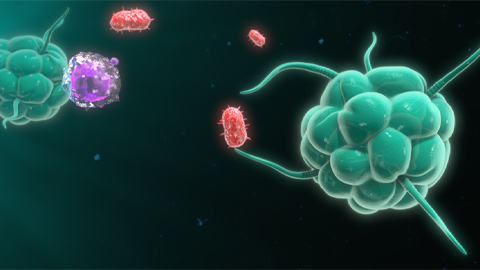
From the journals: JBC
Biased agonism of an immune receptor. A profile of missense mutations. Cartilage affects tissue aging. Read about these recent papers.
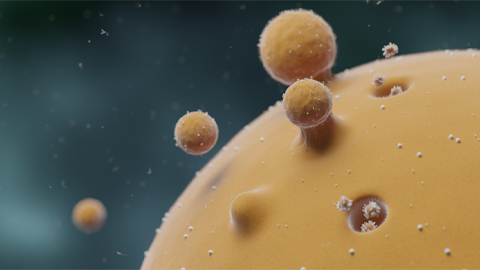
Cows offer clues to treat human infertility
Decoding the bovine reproductive cycle may help increase the success of human IVF treatments.
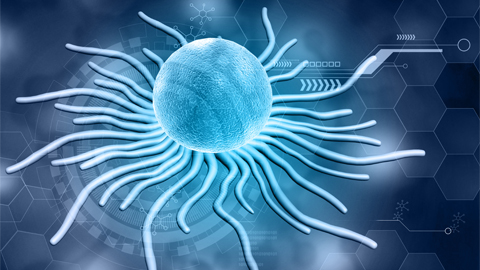
Immune cells can adapt to invading pathogens
A team of bioengineers studies how T cells decide whether to fight now or prepare for the next battle.
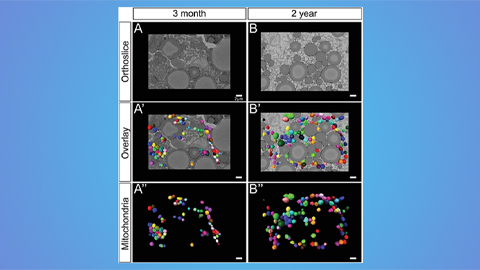
Hinton lab maps structure of mitochondria at different life stages
An international team determines the differences in the 3D morphology of mitochondria and cristae, their inner membrane folds, in brown adipose tissue.
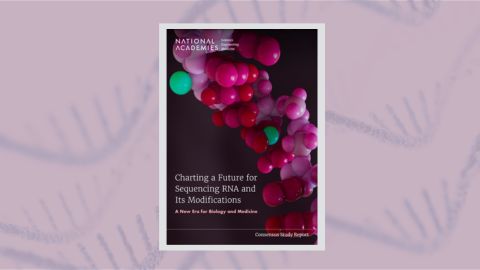
National Academies propose initiative to sequence all RNA molecules
Unlocking the epitranscriptome could transform health, medicine, agriculture, energy and national security.
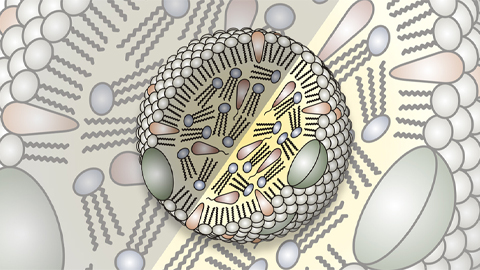
From the journals: JLR
What can you do with artificial lipoproteins? A new key to angiogenesis. Flavonoids counteract oxidative stress. Read about recent papers on these topics.

